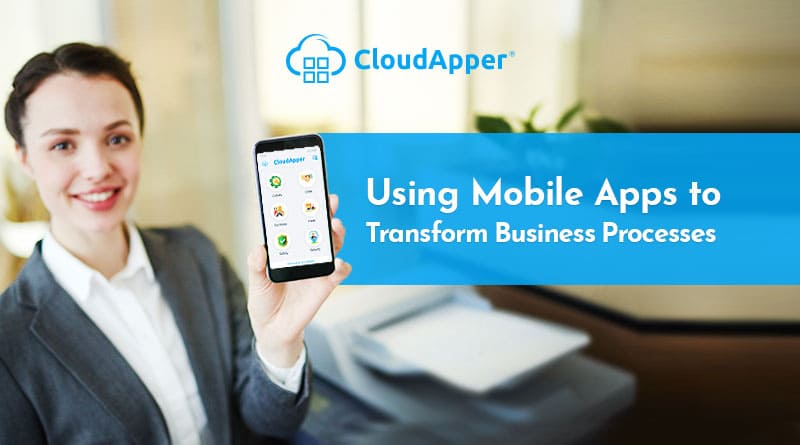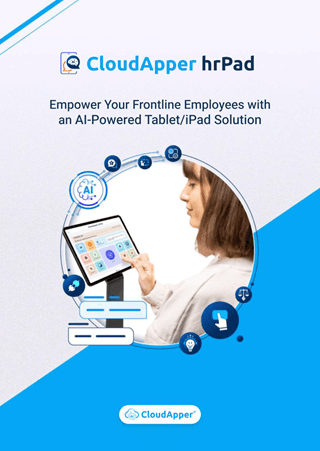As our requirement for accurate information is thriving, we have greatly lessened our dependence on traditional technological processes. Now more than ever, the move from personal computers to mobile devices has begun. Whether stationary computers disappear into obscurity is difficult to determine; nevertheless, there is little doubt that mobile devices are here to stay. We rely overwhelmingly on these smart technological elements. Extreme time and energy are saved by the use of a mobile device, since information may be easily accessed anywhere.
There has been an extension of new tasks performed with mobile devices. Smartphones can address almost every user demand, from offering thorough guidance anywhere in the world to allowing cloud access at all times. These advantages are taken for granted as our devices integrate more and more into our daily life.
The information we are looking for does not float freely on our gadgets. Mobile applications are the key to these gadgets’ success since they present an opportunity for our consumer needs. It is an app that offers the solution, regardless of the weather prediction, the highest-rated neighborhood coffee shop, a traffic report, or a stock market update.
The amount of app downloads worldwide to date is above a hundred billion. And in the next years, this number is anticipated to increase much more.
While today’s mobile apps are commonplace, most users think of apps as “personal use.” We all understand, there’s an app for our favorite social media site or an application for a card game with which we can pass time while waiting, but how can applications be used and who may take advantage of it?
The answer is businesses.
I have seen companies of almost all sizes start to recognize the possibilities behind a customer app. Retailers today can transfer their business strategy even further online to adapt it to changing times. Transport businesses have produced apps that let consumers navigate routes and timings while they offer prices. Some financial institutions enable their customers to scan using their smartphones and digitally deposit cheques. However, they are far from the only functional mobile apps. They are useful applications.
Mobile apps for business processes are getting more prominent in how companies operate every day. Applications expressly built for an organization’s operational side have gained traction. The advantages of using an app to improve the business process on a mobile device start with the exact reason why we use apps in the first place: ease.
For example, an application allowing data to be entered on-site by typing or speaking removes an otherwise long process, instead of handwritten notes on data or inventory during office entry. This saved time can be used better in a normally tedious activity to visit current and prospective customers.
Another example of an internal usage mobile app for a company is that which facilitates sales in the field. Organizations can have electronically signed contracts for deals closing fast or unexpectedly regardless of where the meeting took place. Presentations and data may also, if necessary, be displayed at a time notice. Data on past deals with a customer can be quickly accessed during meetings.
Mobile apps can streamline processes, such as supply chain, procurement, distribution, or maintenance, in order to allow a company to run as productively as possible. With demand information from an accessible place using mobile devices, firms tend to increase productivity and highlight areas that need further improvement, which can minimize cost inefficiencies while increasing revenues.
Communication and cooperation are enhanced with mobile apps for business processes, as employees start to grasp the responsibilities more clearly and debate the discrepancies that the application highlights. Employees immediately become more productive, as time is saved by the help provided by mobile applications.
CloudApper Mobile Apps for companies can be subscribed and modified by or developed from scratch to meet a company’s unique needs. By developing a mobile app dedicated to your business, you have something unique in its field and earn a competitive edge. Dozens of predeveloped templates are also available, which may be deployed in minutes and then adapted to their customers’ individual requirements.
Mobile applications seem to be limitless and at this point, mobile apps for business processes are a rising hard trend to be addressed by any organization as such applications help streamline internal procedures. Ask how to utilize mobility to enhance all business processes if productiveness and effectiveness are your long-term aims.
What is CloudApper AI Platform?
CloudApper AI is an advanced platform that enables organizations to integrate AI into their existing enterprise systems effortlessly, without the need for technical expertise, costly development, or upgrading the underlying infrastructure. By transforming legacy systems into AI-capable solutions, CloudApper allows companies to harness the power of Generative AI quickly and efficiently. This approach has been successfully implemented with leading systems like UKG, Workday, Oracle, Paradox, Amazon AWS Bedrock and can be applied across various industries, helping businesses enhance productivity, automate processes, and gain deeper insights without the usual complexities. With CloudApper AI, you can start experiencing the transformative benefits of AI today. Learn More

















